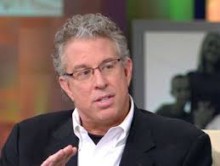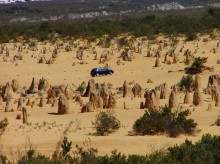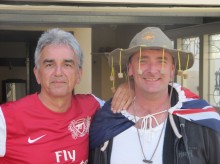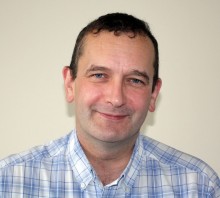 Here is a blog I wrote about David Best in May 2013. At that time, he had done a huge amount for the addiction recovery field and for the Recovery Movements in the UK and Australia, in terms of his research, writings, advocacy and a wide range of other recovery-based activities. Where he gets his energy from, I have no idea?
Here is a blog I wrote about David Best in May 2013. At that time, he had done a huge amount for the addiction recovery field and for the Recovery Movements in the UK and Australia, in terms of his research, writings, advocacy and a wide range of other recovery-based activities. Where he gets his energy from, I have no idea?
I thought it was worth showing what David thinks about the question, ‘What is Recovery’. I’ve followed his arguments and included quotes from his excellent book, Addiction Recovery: A Movement for Social Change and Personal Growth in the UK.
Read More ➔


















